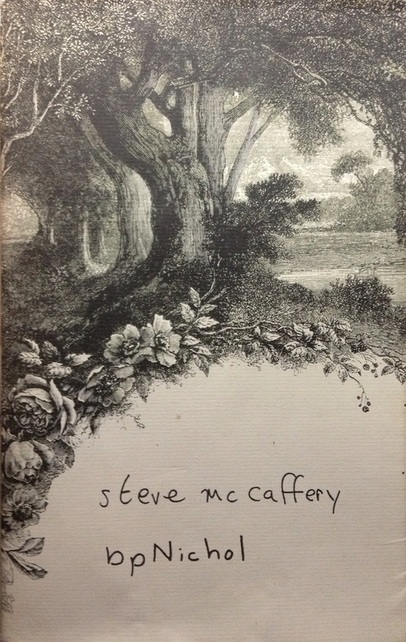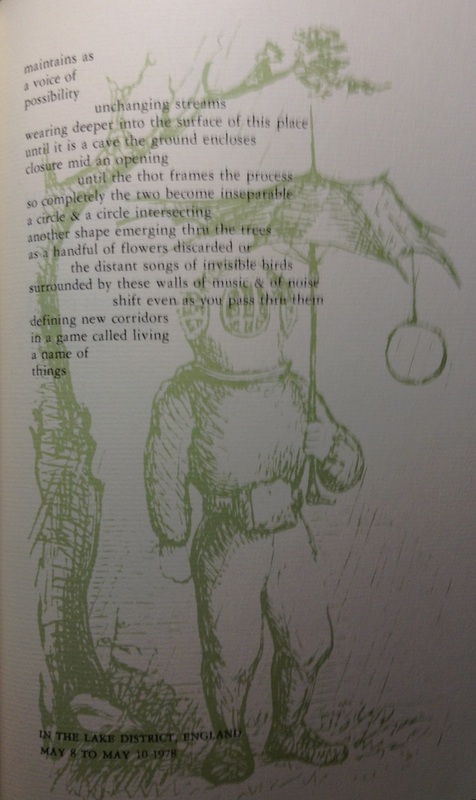This is a site that will focus on the various facets of the poet bpNichol. Inquiries about contributions should be sent to the managers, Frank Davey and David Rosenberg. We welcome suggestions for additional kinds of topic or coverage. To offer a response to anything on this site, please go to the 'Response Blog' page.

